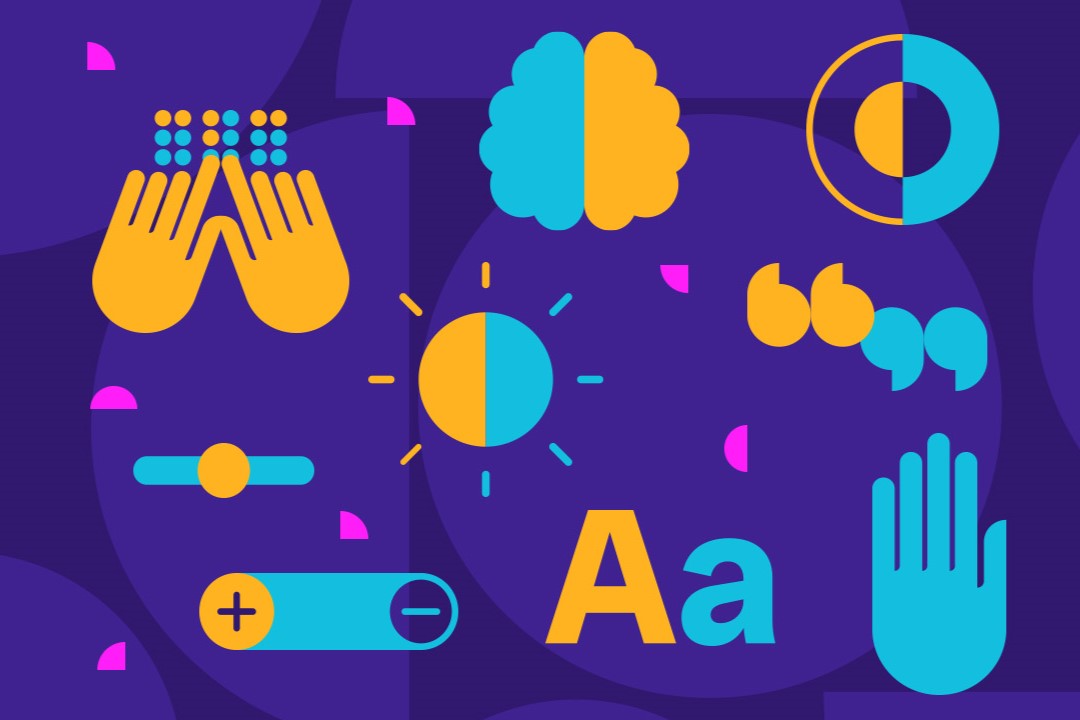CBC/Radio-Canada reports accessibility plan progress

On the programming side, initiatives include new digital content and podcasts, as well as the addition of new roles at CBC and Radio-Canada.
CBC/Radio-Canada has released the first progress report for its National Accessibility Plan, highlighting advances in its programming and remaining barriers.
The three-year plan was launched in May 2023 and serves as a roadmap for the pubcaster to better support and represent Canadians with disabilities. The plan is also driven by its responsibilities under the Accessible Canada Act, which aims to make Canada barrier-free by 2040.
Among the plan’s key objectives are the creation and promotion of content that reflects the diversity of people with disabilities living in Canada, boosting opportunities for creators with disabilities and increasing accessibility of content, as well as awareness amongst employees.
Another objective is to increase the inclusion of employees with disabilities in the workplace. The report said 11.5% of new hires self-identified as having a disability during the 2023–24 fiscal year, up 6% from 2021–22.
CBC Kids’ videos for the International Day of Persons with Disabilities, and Radio-Canada’s youth-driven news platform MAJ’s L’ABC Handicaps series, which look at the realities facing people with disabilities, are some of the projects highlighted in the report. Podcasts include CBC’s Sickboy, which is aimed at breaking the stigma attached to illness, and Radio-Canada’s new title Rares: la loterie génétique, which follows host Kéven Breton as he meets people living with rare diseases.
In news content, the report highlighted CBC’s Marketplace investigation into barriers people with disabilities face while travelling on airplanes, public transit, rideshares and cabs across Canada. The report also singled out Radio-Canada’s Téléjournal avec Claudine Bourbonnais, which looked at challenges Canadians with disabilities face trying to find accessible housing in the current housing crisis.
Content from local news teams include CBC Saskatchewan’s series, Taking a Sitting Stand, and ICI Manitoba’s story on Deaf arts.
The report said two additional roles have been created to support the implementation of the plan on the programming side: content accessibility advisor at CBC and advisor, accessibility, diversity and inclusion at Radio-Canada.
Work to make content more accessible includes improvement to navigation with assistive tech on the CBC Gem and ICI.TOU.TV platforms.
The report also stated that it is “now easier for users to identify which shows are available with described video and closed captioning thanks to icons that appear on the header and show list on all platforms closed captioning.”
A CBC/Radio-Canada report from 2022-23 found that 100% of English-language content on CBC Gem was available with closed captions and 50.7% of English-language content on CBC Gem was available with described video. Meanwhile, 87.3% of French-language content on ICI TOU.TV was available with closed captions and 44% of French-language content on ICI TOU.TV was available with described video.
The report said this data provides important baseline information that will allow CBC/Radio-Canada to monitor its commitments year–over–year.
Initiatives to increase opportunities for creators with disabilities include the AccessCBC program, which launched its second edition in February. The program provides pre-development training, mentorship and financing support to Deaf and disabled creators with programming streams in unscripted and scripted comedy and drama.
Other work includes Radio-Canada’s pilot project, Les nouvelles en LSQ, which hired its first Deaf host and CBC’s On-Air Talent program, which provides opportunities for broadcast professionals with a disability to gain training and experience as an on-air host.
Challenges in this realm include a gap in standard operating procedures in some areas of content accessibility, such as digital platforms and sign language content, according to the report.
In a survey conducted by CBC/Radio-Canada on the perception of the National Accessibility Plan, the pubcaster reported that the majority of participants believe that its commitments will eliminate barriers for creators with disabilities within the media sector participants.
Participants, however, called for more hiring opportunities, “especially for people with non-visible disabilities,” and an increase in representation in programming in roles “that don’t just focus solely on physical disabilities.”
Participants also emphasized the need to showcase “a diverse range of abilities in positive roles, both in content production and workplace representation.”
CBC/Radio-Canada received 787 pieces of feedback related to accessibility between January 1, 2023, and March 31, 2024.
Among other themes, it found that “a lot of people are interested in more representation on screen and with our creators” with users highlighting the need for more neuro-divergent writers and artists featured.
The larger report covers other areas such as employment, information and communication technologies, among other objectives in the plan and can be found here.
Image courtesy of CBC/Radio-Canada

 The definitive CDN broadcast and production resource.
The definitive CDN broadcast and production resource.










